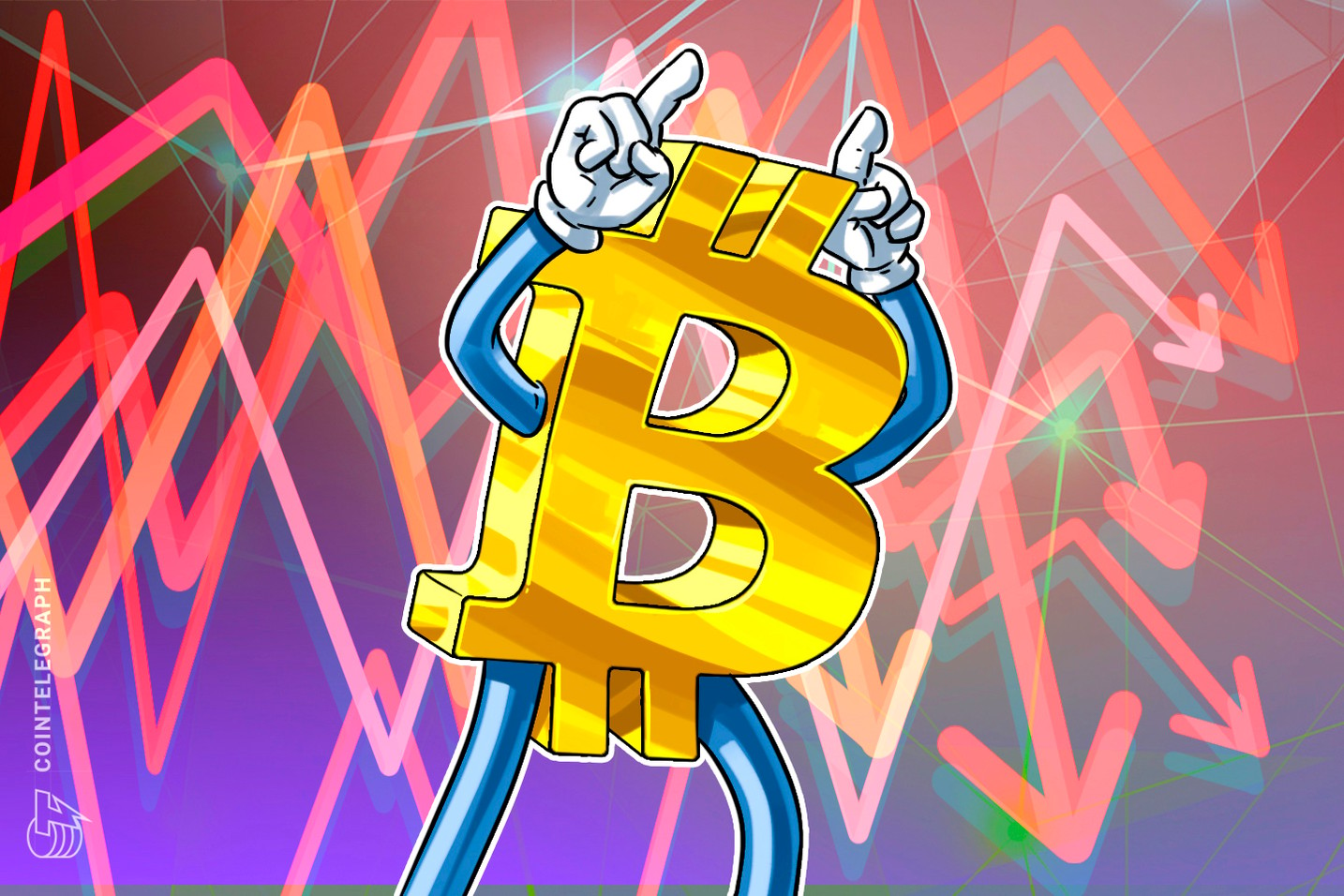Bitcoin bulls were obliterated, but is it time to catch the falling knife?

Bitcoin (BTC) price crashed 19% on Aug. 5, reaching its lowest level in almost six months at $49,320. The sell-off caused the Bitcoin futures premium, considered the best proxy for derivatives traders’ optimism, to hit its lowest levels in three months. Traders are now debating whether Bitcoin prices below $53,000 represent a golden opportunity or if the risk of another drop below $47,000 is too high.
Bitcoin futures markets show traders are not bullish
To gauge the impact of the recent price crash, one should begin by analyzing the Bitcoin futures markets. Unlike perpetual contracts, which typically settle every eight hours, BTC monthly futures carry an embedded cost due to their longer settlement period. Sellers generally demand a 5% to 10% annualized premium relative to regular Bitcoin spot markets to compensate for this issue. In summary, premiums below 5% signal pessimism.

The annualized Bitcoin futures premium (basis rate) fell to 5.5% on Aug. 5, its lowest level in three months, a sharp drop from the previous week when the indicator peaked at 12%. More notably, when the futures premium bottomed at 5% on May 2, it followed a 15% weekly Bitcoin price decline from $66,600 to $56,200. In May, Bitcoin’s price rebounded by 13% in the three days following the crash, but the current situation differs significantly.
Firstly, this time, the weekly price crash totaled 29%, which is much higher, and coincided with significant movements in traditional financial markets. The 5-year United States Treasury yield dropped from 4.08% on July 29 to 3.45% on Aug. 5, an unusual event. Essentially, traders are fleeing to the safest assets they know: government bonds and cash positions. Even gold experienced a sharp correction, falling from a $2,477 peak on Aug. 2 to the current $2,385.
To confirm whether the sentiment shift was confined to Bitcoin futures markets, one should examine the demand in BTC options markets. The put-to-call volume ratio measures the demand between put (sell) options and call (buy) options. Typically, periods of uncertainty drive up the demand for hedging, which in turn causes the indicator to favor put options, approaching or exceeding the 1.0 threshold.

The Bitcoin options put-to-call volume ratio reached 0.95 on Aug. 2 and Aug. 5, indicating prevalent fear. For comparison, the previous week’s average was 0.50, favoring call options volume by 100%. Before concluding that part of the market anticipated a price crash, one should examine the forced liquidations of BTC futures contracts. Unexpected price movements tend to cause cascading position closures due to insufficient margin.
Reduced leverage is a net positive, but sentiment remains weak

Data shows that $353 million in leveraged Bitcoin futures longs were liquidated over two days, the highest amount in almost four months. This evidence proves that traders were not anticipating such a strong move. However, it also confirms that some of the selling pressure originated from derivatives markets rather than regular sales in Bitcoin spot markets.
Identifying the exact reason for the Bitcoin price crash is less important, whether it reflects worsening conditions in traditional markets or excessive leverage in crypto markets. Even if Bitcoin markets are now less leveraged and excessive optimism has been reduced, trader morale is extremely low, and it will take time for the market to rebuild confidence.
Until there is an increased premium on Bitcoin futures and higher demand for call options, the odds of a sustainable price recovery above $57,000 remain low. Achieving this level would mark an 18% gain from the Aug. 5 bottom and align with the support that has held strong for the past six months, signaling strength from Bitcoin bulls.
Related News
- Price analysis 8/5: SPX, DXY, BTC, ETH, BNB, SOL, XRP, DOGE, TON, ADA
- Justin Sun denies liquidation rumors amid market turmoil
- Jump Trading’s Ether dump: Smart move or sign of trouble?
- Bitcoin analyst sees seller 'exhaustion' as BTC price rebounds 10%
- Ex-Ripple board member, Biden adviser joins Harris campaign: Report
- Bitcoin ETF trading volume tops $1B amid crypto crash — Galaxy
- Robinhood says its 24-hour trading ‘currently operating’
- Market makers sold over $300M Ether as ETH price crashed below $2,200
- Xapo Bank debuts interest-bearing Bitcoin, fiat accounts in the UK
- Bitcoin price downside may last 2 months — Analysis
© 2025 DeFi.io